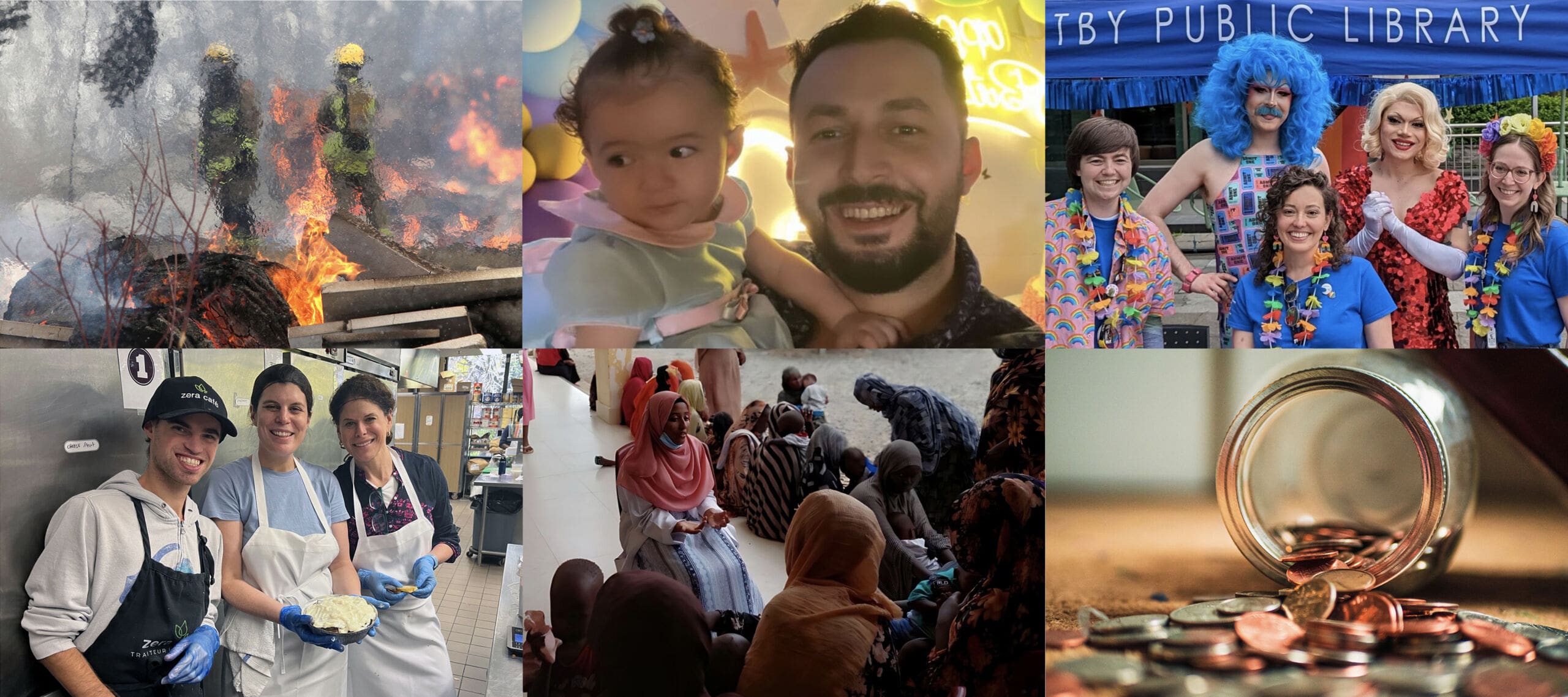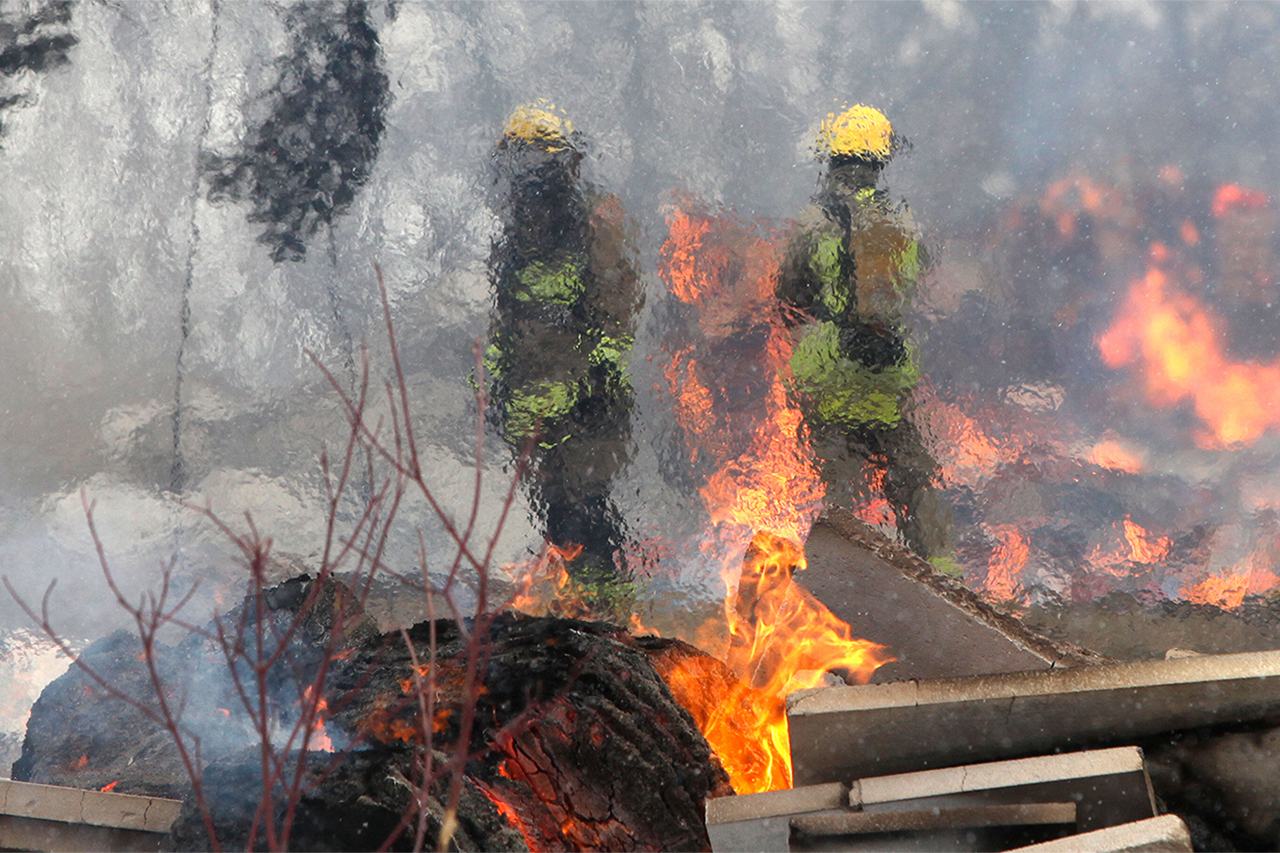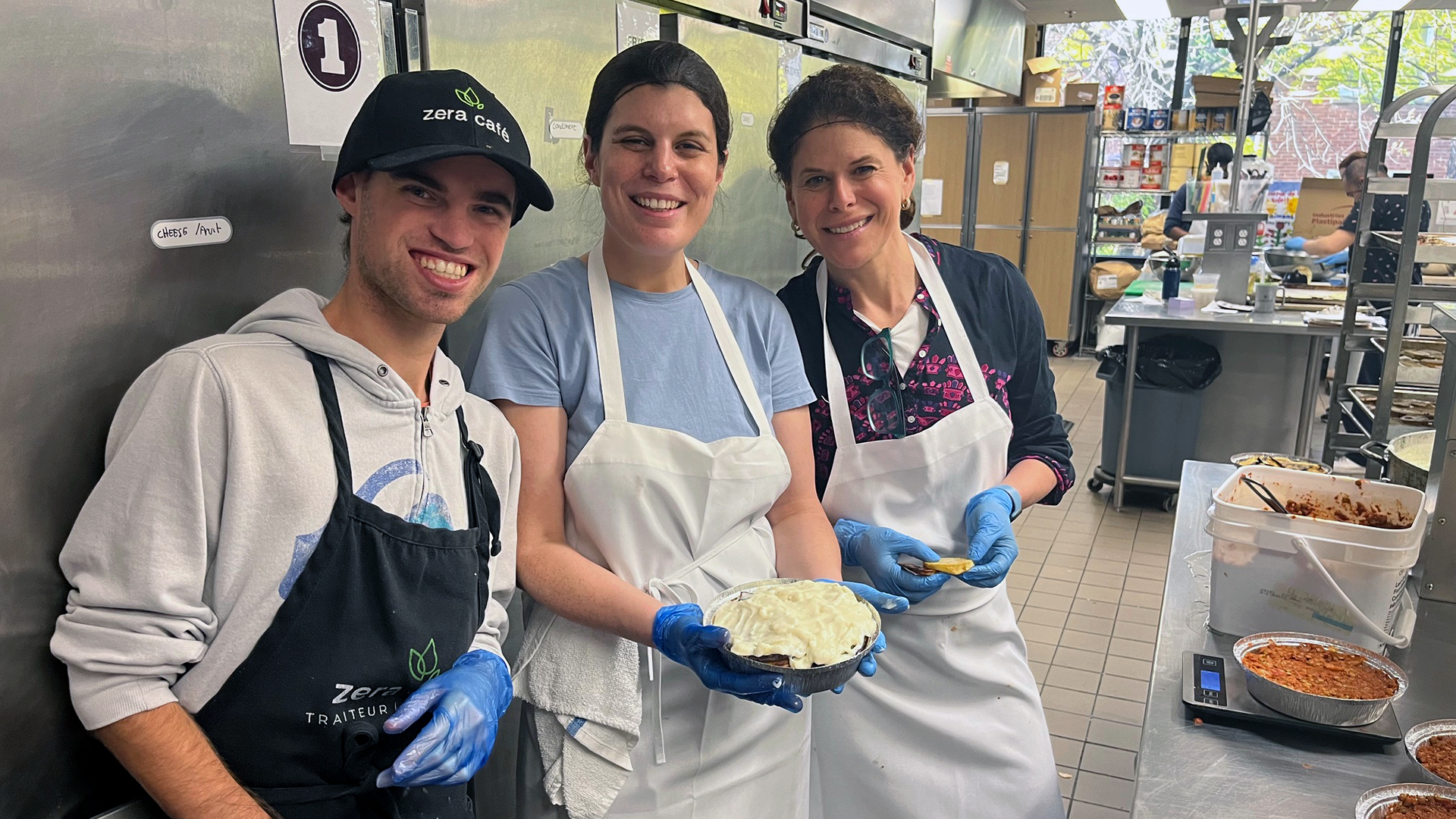Firefighters, cyberbullies and much more: Six long-reads you might have missed in 2024
Why It Matters
Impact requires good information. Future of Good takes you back through some big stories from the past year.
 (Photo illustration: Future of Good)
(Photo illustration: Future of Good)
We get it. You do important work, and sometimes you miss stories that you otherwise would have read.
Well a new year has begun, and we’re here with a quick flashback to some longer reads to help prepare you for 2025.

Can volunteerism sustain Canada’s emergency response systems in the face of climate change? More than 70 per cent of Canadian firefighters are classified as volunteers, but thousands have hung up their turnout gear in recent years. New recruitment strategies and better funding could help turn the tide.

Palestinians in Gaza are facing a catastrophic humanitarian situation—which many have called genocide—including extreme shortages of food, water and medical supplies. To get to safety, hundreds of Palestinians are appealing to donors worldwide through GoFundMe and volunteers in the West have answered the call.

Organizations supporting 2SLGBTQIA+ and racialized communities are reporting an increase in digital attacks, particularly considering the changing political winds. However, there’s little criminal and legal protection for staff members who are targeted personally by cyberbullies—many of whom also identify as being part of the same marginalized communities they serve.

4. Non-profits among the worst offenders for unlivable wages in Canada, say employees, experts
“There needs to be a shift in how the public sees non-profit work. This is a skilled workforce that is chronically underpaid.” Non-profit wages are consistently lower than those in the private sector, putting financial strain on employees who often leave social-purpose work behind in search of better pay. Competitive wages could improve staff retention and wellbeing.

5. Putting reliability to work: Why Canadian businesses should hire neurodivergent people
Studies show employers are open to hiring people who are on the autism spectrum or have intellectual disabilities but often aren’t sure how to do so. Most neurodivergent people in Canada are either under-employed or unemployed. With a skilled labour shortage and pressures to increase production, Canadian businesses are missing out on a valuable source of reliable employees, much to their detriment.

6. What Canada can learn from successful cash aid programs in war zones
Work in Gaza, Sudan and Ukraine shows that direct cash assistance helps uphold human dignity and keep communities knit together. While basic food staples, clean water and health care services are always needed amid disaster, having cash allows families to choose what they need rather than be given whatever goods come their way.
